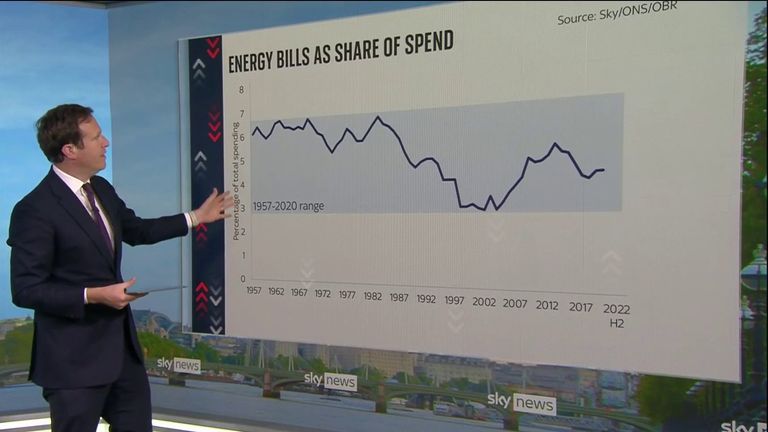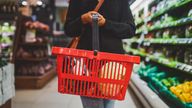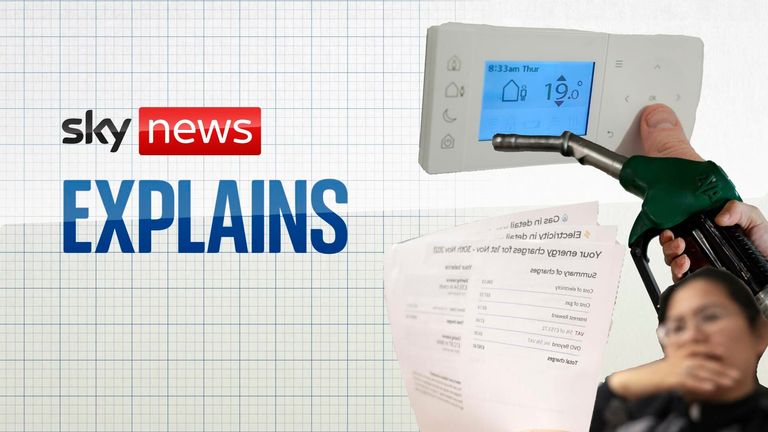Petrol price hits record after EU bans Russian oil – as new cost of filling a family car is revealed
Average petrol prices have reached a new record high of 173.02p a litre, figures show, after an EU ban on Russian oil imports.
Fuel prices have been setting record highs every few days in recent weeks, as the supply dries up at a time when demand is starting to gain speed.
The average cost to fill a 55-litre family car with unleaded petrol is now £95.16, according to the RAC, with prices still likely to continue increasing.
Holiday prices heading up and bad news for first-time buyers – cost of living latest
“The EU’s decision to ban the majority of Russian oil imports will cause the barrel price to go higher still, spelling yet more misery for fuel prices in the UK,” said RAC fuel spokesperson Simon Williams.
“The wholesale price of petrol has already been increasing due to the increased summer driving demand which means we are likely to see average forecourt prices for petrol climb to 180p a litre in a matter of days.”
“Sadly, far worse will follow as the current oil price of $122 will likely lead to an average price of a litre of unleaded hitting 185p,” he added.
Meanwhile, the average price of diesel is likely to continue, heading towards 190p a litre.
Unleaded petrol:
Average price per litre – 173.02
Cost to fill a 55-litre family car: £95.16
Super unleaded petrol:
Average price per litre: 184.80
Cost to fill a 55-litre family car: £101.64
Diesel:
Average price per litre: 182.58
Cost to fill a 55-litre family car: £100.42
“We badly need the government to take more action to ease the increasing burden on drivers,” Mr Williams said, noting that around £45 of the cost of filling a family car is currently tax.
Rising petrol and diesel prices are in part being caused by climbing oil prices. The increase will hit drivers travelling for the Platinum Jubilee bank holiday weekend, which starts on Thursday.
On Monday night, EU leaders agreed to cut 90% of oil imports from Russia by the end of the year, imposing the bloc’s most punishing sanction yet on Moscow since its invasion of neighbouring Ukraine in March.
The development sent oil prices shooting up to more than $124 a barrel, its highest level in three months.
Russia ‘likely’ to claim biggest victory of war – live Ukraine updates
But prices at the pump are also being driven by a shortage of petrol and diesel, types of refined crude oil.
A huge surge in demand after global easing of coronavirus restrictions, and a reduction in refining capacity, has created a shortage that is pushing up the cost.




